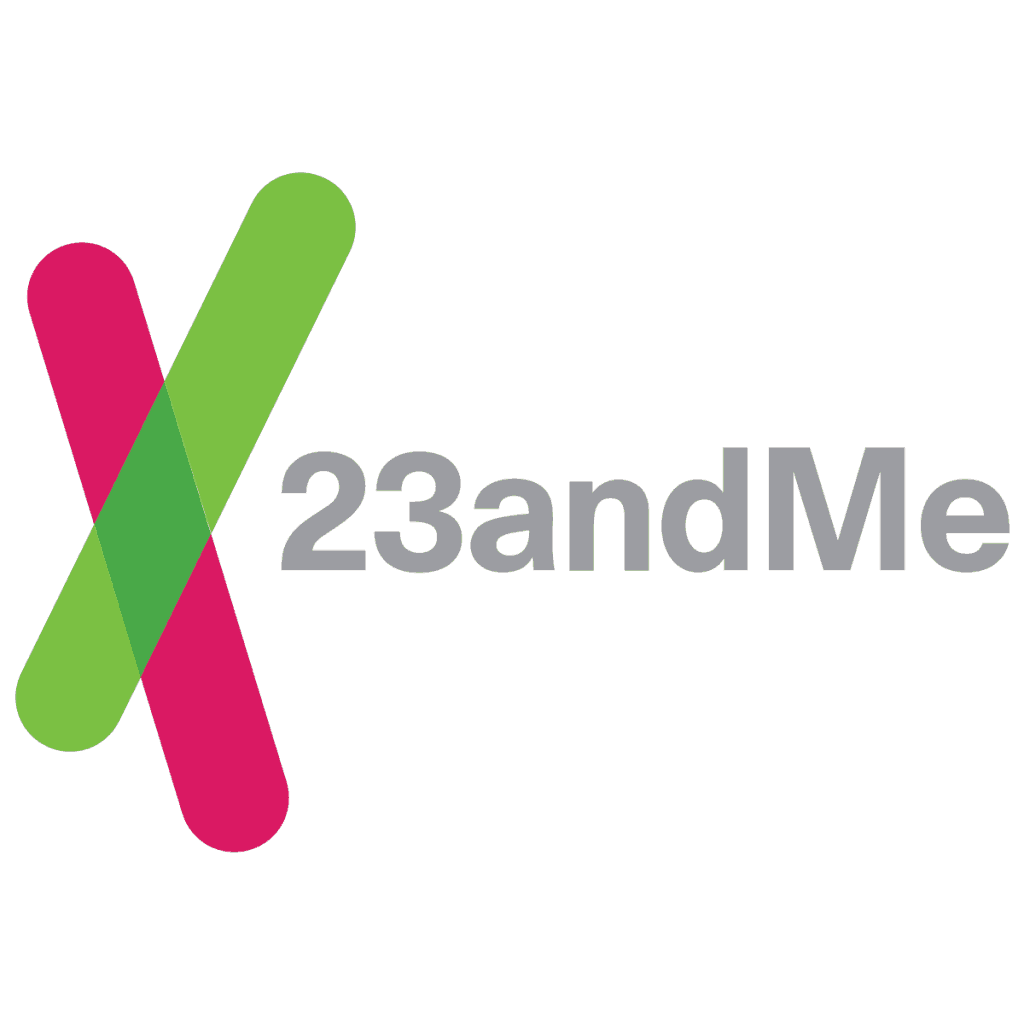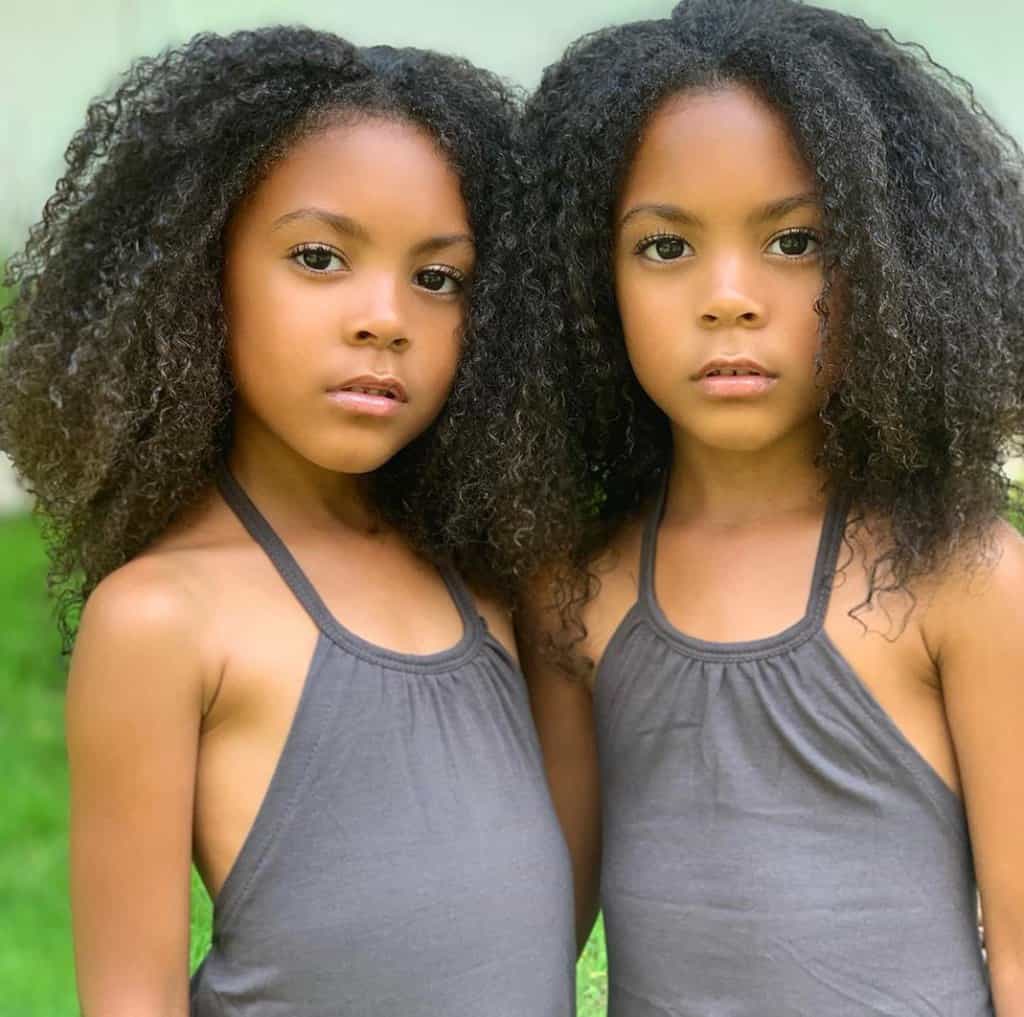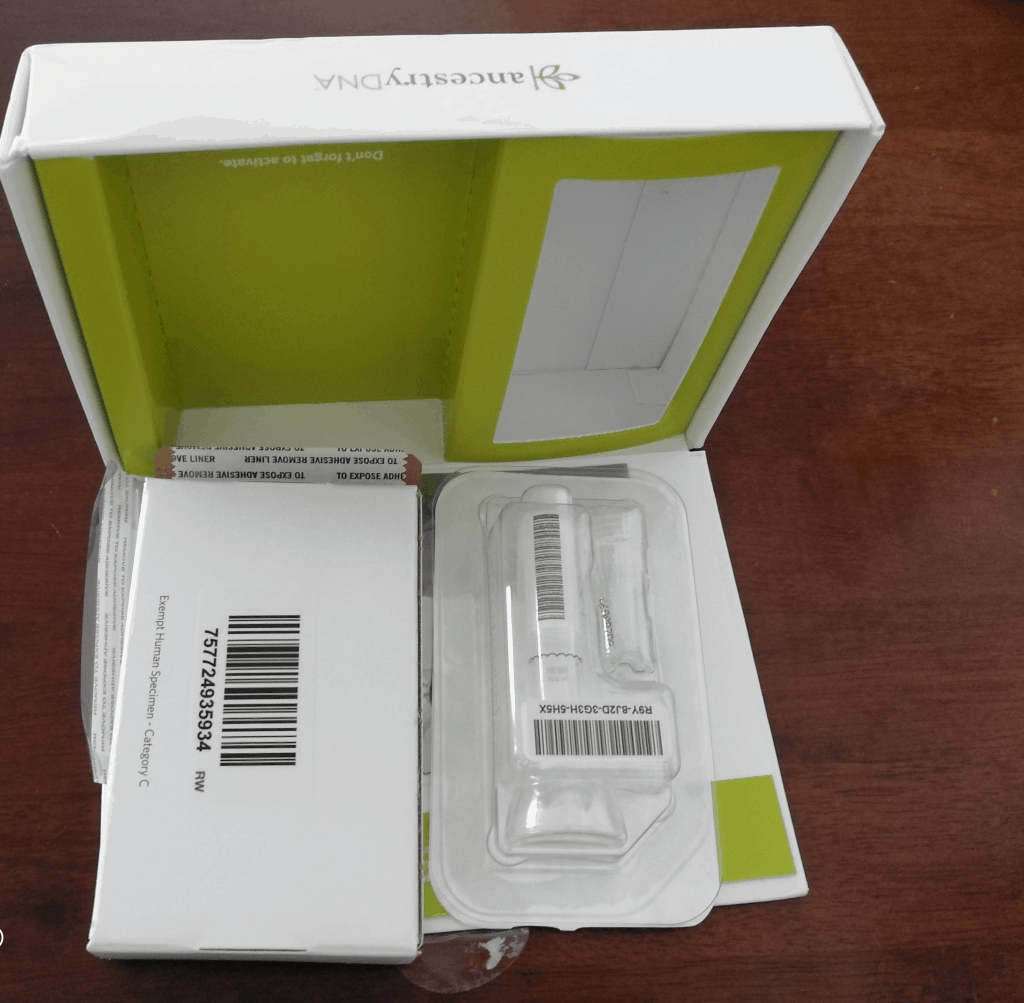Key Takeaways:
🧬 A DNA test can be helpful for adoptees in discovering their biological family members and building their family tree.
🧬 Two popular DNA testing services with large databases are 23andMe and AncestryDNA, which provide a higher chance of finding DNA matches.
🧬 AncestryDNA has a database of around 16 million users and offers family history information and documentation to uncover more about birth family trees.
🧬 23andMe has a database of over 10 million users and offers comprehensive health DNA testing along with various tools for genetic research.
🧬 Other DNA testing companies to consider are MyHeritage, FamilyTreeDNA, and GEDmatch, each with their own unique features and database sizes.
🧬 Understanding the average percentage of DNA shared between relatives can help in determining relationships.
🧬 AncestryDNA can be useful for adoptees, including those involved in the adoption process, as it compares DNA with other users and provides potential matches.
🧬 While 23andMe can find genetic family members, it may not help in finding biological parents specifically.
🧬 The AncestryDNA test is recommended for family history research due to its extensive collection of family history records and a large DNA database.
🧬 Paternal lineage tracing is typically easier for males, but females can also find out their paternal lineage group with the involvement of a father or brother.
🧬 Taking autosomal DNA tests from genetic genealogy companies can assist adoptees in finding birth parents or other biological relatives, although it may require additional time and multiple tests.
🧬 AncestryDNA provides a list of biological relatives who have taken the same test, allowing adoptees to explore their family trees and potentially find closer relatives.
If you’re an adoptee who has been attempting to put together your family tree, you’re not alone. Many if not most adoptees & people find it difficult to discover who their closest biological family members are or who their birth family is without the use of some kind of DNA test.
A direct-to-home DNA testing service can help those adoptees unearth key information about their genetic genealogy and discover far-reaching branches of their family trees & birth family.
Below are the best DNA services for those adoptees to use when searching for missing genetic family matches, long-lost family members, health information, and more.
If you want to find out right now which is the best DNA test for adoptees according to my research:
Which is the most accurate DNA test?
According to my ethnicity calculation (based on Principal Component Analysis), my family tree research, and database size investigation, currently (2023), the best DNA testing company is:
Top DNA Testing Service Options for Adoptees
Maybe you’re an adoptee trying to find an unknown relative, search for your biological parents, or explore your family tree lineage.
Choosing a DNA service with a large genetic database is critical. As an adoptee, you need to know where to begin your quest for your genetic genealogy knowledge and what DNA tests to explore in search of your birth family.
The two DNA mainstream testing services with the largest DNA databases are without question: 23andMe and AncestryDNA.
The larger the DNA database of a genetic testing company is, the more likely you are to find DNA matches from these results. It’s also important to understand that while some DNA testing companies offer multiple genetic matches to users, match accuracy might not always be as precise as you would like.
For the highest match accuracy and the largest number of likely genetic DNA matches, 23andMe and AncestryDNA are probably the best options for many adoptees looking for raw data from DNA tests.
1. AncestryDNA

AncestryDNA is a great option for adoptees looking for their DNA matches & family tree. AncestryDNA has a DNA tests database of around 16 million users, so the possibilities of finding a DNA match or even multiple matches are high. It is as simple as doing a cheek swab and waiting for the DNA test results.
They offer impressive family history information with historical documentation and record searches that can be used to uncover more information about your birth family trees once you’ve identified genetic DNA matches. You’re also likely to get a higher number of genetic & common ancestors matched with this testing company than with some other DNA testing services.
The Ancestry.com company also utilizes specified scientific genetic testing technology that guarantees that most will get the closest and most accurate DNA matches possible. This is because of their high standards of criteria for matching segments of DNA. It is a good place for many adoptees to start to help you find your birth family or other family members.
Check DNA Test Price for Adoptees
2. 23andMe

The 23andMe company was founded specifically on principles that prioritize genetic research. They have a database of over 10 million users. In addition to this, 23andMe offers three types of DNA testing: the Y-DNA test, mitochondrial DNA test, and autosomal DNA test. For discovering who your closest biological family are, autosomal DNA testing is the best option for adoptees.
This company also boasts the most comprehensive health DNA testing kit currently available. Finally, they offer a variety of useful resources including DNA mapping tools, visual aids, and a chromosomal browser which can be used to go in-depth when searching for your genetic matches. Also, you can find out your Y-chromosome.
Other DNA Companies to Consider for Adoptees
While the aforementioned companies are hands-down the best options for adoptees looking for relatives, if neither of these companies sounds right for you, you may also want to consider the following publicly available direct to home DNA testing kit:
• MyHeritage – This company has a relatively smaller database (2.6 million), but it does allow you to upload any previously obtained raw DNA data from other sources.
• FamilyTreeDNA – Currently one of the most advanced genetic testing companies for mitochondrial and Y-DNA testing services. Their database is over 1 million DNA samples. Raw data upload is available.
• GEDmatch – This third-party genetic genealogy company allows you to upload raw data for free and their database is over 1 million DNA data samples.
To understand DNA matching and DNA test results, it’s important to know the average percent of DNA that your birth family share. These results are compiled from many genealogists in a multitude of DNA testing studies & raw data of DNA samples. Predicted relationships can be more easily determined by these percentages.

- Identical Twin – 100% Average % DNA Shared
- Parent / Child Full Sibling – 50%
- Grandparent – 25%
- Aunt / Uncle – 25%
- Niece / Nephew – 25%
- Half Siblings – 25%
- 1st Cousin/ Great Grandparent – 12.5%
- 2nd Cousin – 3.13%
In summary, if you’re an adoptee looking for information on your genealogical heritage or are curious about whether you have any potential genetic genealogy or ancestry information, a DNA testing service like 23andMe or AncestryDNA may be helpful. These companies can help you unearth fascinating long-lost birth family information.
Remember, each DNA testing service is different, so choose a DNA testing company that aligns well with the genealogy goals you have in mind.
Does AncestryDNA work if you’re adopted?
Taking a DNA test through AncestryDNA can be taken by anyone. It can help if you are either a child or parent that is going through the adoption process. This may help in adoption cases where the biological parents are unknown or records are scarce.
Once you get the results back, you can opt to look up other DNA matches on Ancestry. The test compares your DNA to everyone else who has taken the same test on AncestryDNA. You may need to be patient and check back often to revisit your possible DNA matches.
Can 23andMe find biological parents?
23andME can help you find some genetic family members. However, it is not a service that can help find biological parents.
23andMe has a feature called DNA Relatives that you utilize to compare your DNA to other users who have taken the same test. The test itself uses the DNA results to match up two people who share a common ancestry segment.
Typically a match means you share a common ancestor with the last 5 to 10 generations, although you may find a closer relative.
Which DNA test is best for family history?
There are many options for helping you find some more information about your family history. The test we prefer to help you fill in some of the gaps in your family history is the AncestryDNA test.
This test really compliments the Ancestry site if you are currently using that to build your family tree and genealogy. Ancestry already has the largest collection of family history records and is currently one of the largest databases for DNA matching with over 16 million DNA tests.
Can females trace their paternal line?
Males have one X chromosome and one Y chromosome. On the other hand, females have two X chromosomes. The Y chromosome is always passed down from the father so there is a direct lineage for males. This does mean that only men can trace their paternal lineage group.
However, it is still possible for females to find out their paternal lineage group, but it would require your father or brother to also be genotyped.
How to find birth parents through DNA?
The best approach for most adoptees in finding family birth parents is to take an autosomal DNA test from the genetic genealogy companies we listed above. Most adoptees may find some close relatives from this DNA sample test to help you get more information about your birth family or birth parents.
It may still take adoptees more time to trace the results back to their biological parents. Taking more than 1 genetic genealogy test can also help to widen the search results for your biological parents. This helps since each third-party genetic genealogy database may have different DNA test results because of where people tested.
Will AncestryDNA show relatives?
AncestryDNA will show most adoptees a list of biological relatives who have also completed the same test. You can then use this information to check out their family trees. This may help you find other relatives of your biological parents that may be closer in lineage such as a cousin or half-sibling.
Check DNA Test Price for Adoptees
FAQ:
Q: What is the best DNA test for adoptees?
A: The best DNA test for adoptees is one that can provide a high level of accuracy in identifying biological family connections. The top testing company for adoptees is AncestryDNA.
Q: How can DNA testing help adoptees connect with their biological family?
A: DNA testing allows adoptees to find their biological relatives by comparing their DNA with others in a database. By analyzing the DNA match results, adoptees can identify potential relatives and start building their family tree.
Q: What information can I obtain from a DNA test for adoptees?
A: A DNA test for adoptees can provide various information, including your ethnicity breakdown, genetic health conditions, matches to biological relatives, and sometimes even information about your maternal line or specific ancestral connections.
Q: How does DNA matching work?
A: DNA matching works by comparing your DNA with the DNA of other individuals in the testing company’s database. If there is a significant amount of shared DNA between you and another person, it indicates a possible biological family connection.
Q: Can DNA testing determine if I have half-siblings?
A: Yes, DNA testing can identify if you have half-siblings. Through DNA matching, you can see the amount of shared DNA with individuals who could potentially be your half-siblings.
Q: Can I find my biological family by just taking a DNA test?
A: While taking a DNA test can be a crucial first step in finding your biological family, it doesn’t guarantee immediate results. It often requires additional research, contacting potential relatives, and working your way through your matches to identify your biological family.
Q: Can I use my adoptee’s DNA kit to find my biological family?
A: If you are an adoptee and have taken a DNA test, you can share your DNA kit with others to help them find their biological family as well. By allowing others to upload your raw DNA data to different testing companies, you increase the chances of finding matches and connecting with relatives.
Q: How much DNA is needed for a successful adoption search?
A: The amount of DNA needed for a successful adoption search varies. Even a small amount of shared DNA can provide valuable clues. Sometimes, you don’t even need a close relative to know the identity of your biological family.
Q: Can I use DNA testing companies outside the United States for adoptee searches?
A: Yes, you can use DNA testing companies outside the United States for adoptee searches. Many testing companies have a global presence and offer their services internationally.
Q: What is the significance of knowing my ethnicity and health information through DNA testing?
A: Knowing your ethnicity breakdown can provide valuable insights into your ancestral origins, helping you connect with your biological heritage. Additionally, genetic health information can offer important insights into potential inherited conditions or health risks.

Throughout his career, Andras Kovacs has developed a deep understanding of DNA and its applications in genealogy and genetic testing. He has helped thousands of individuals uncover their ancestral heritage, using cutting-edge DNA analysis to trace family lineages and reveal connections across generations.

